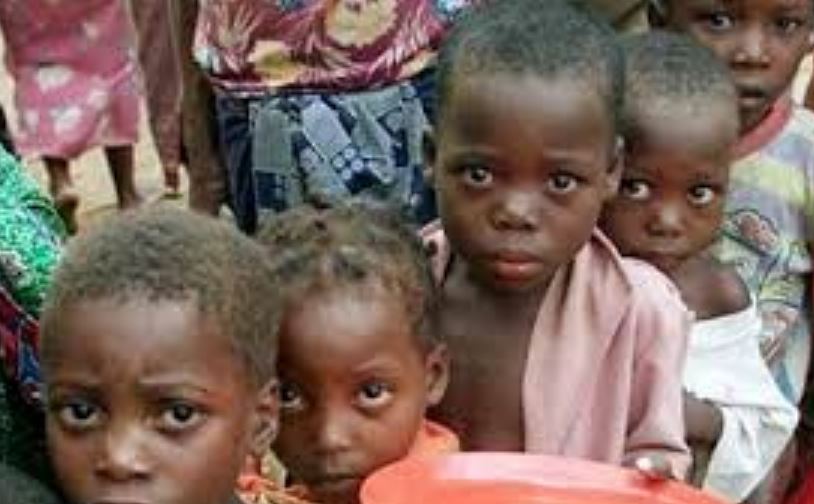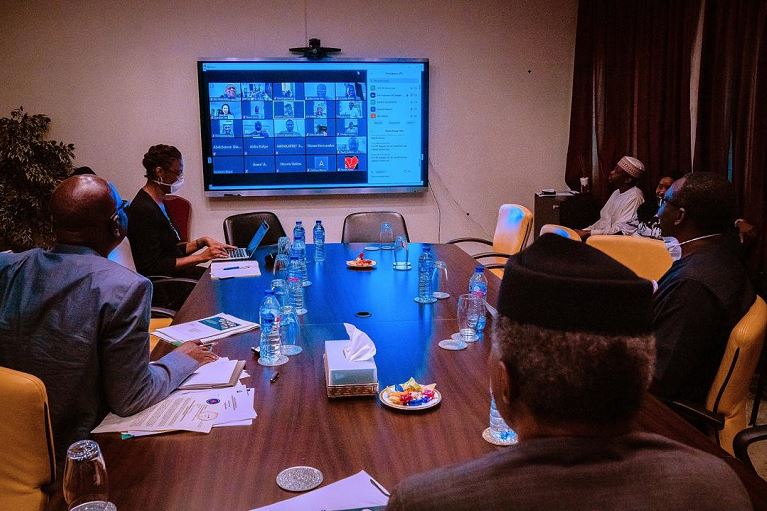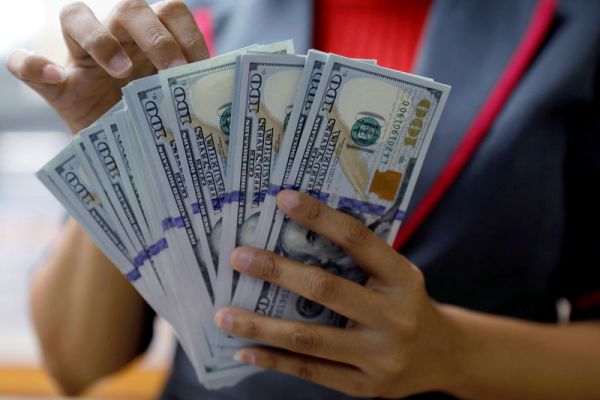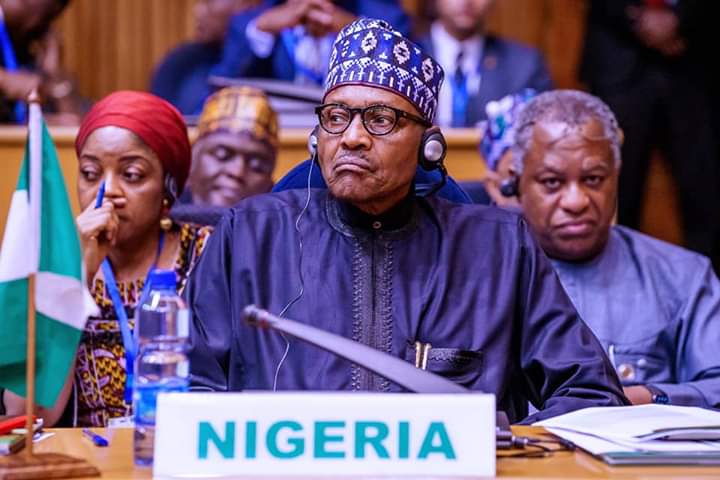ALMOST half of those employed have lost their jobs due to Coronavirus (COVID-19) pandemic, the World Bank has said.
The bank put the percentage of individuals who were working before March, but now out of employment at 42.
Its Senior Financial Sector Specialist, Ahmed Rostom, shared the information in a data during a Development Bank of Nigeria (DBN) virtual conference on risk sharing.
The panellists agreed that credit risk guarantee will provide a safety net for Micro Small and Medium Enterprises (MSMEs) to access credit post COVID-19.
Speaking on the impact of the pandemic on the local economy, Rostom stated: “42% of individuals who were working before March 2020, especially those working in hospitality and service industry are no longer working.”
He described the situation as disturbing.
The panellists agreed that MSME’s are the largest employers of labour as they account for about 84 per cent of jobs in the country.
“They are important industrialisation agents, and a driving force in the attainment of industrial growth because of their value chain diversification and expansion of industrial production. They contribute nearly half of the country’s GDP at 48 per cent yet less than 5 per cent of MSME’s have access to finance,” they said.
On her part, the Managing Director of JNC International and a Director at DBN Mrs. Claire Omatseye stressed the importance of risk sharing among all stakeholders.
According to her, “for MSMEs, risk sharing helps eliminate financial oppression and predatory lending, while also ensuring prosperity is shared equitably. For the government, risk sharing contributes to the realisation of its economic objectives and stabilisation policies”
Mrs. Omatseye noted that credit guarantees (CGs) will enhances access and improves the quality of Credit to close a gap in the existing market.
For MSMEs, she explained that credit guarantees “can play a catalytic role to your businesses, reduces 100%-150% collateral cover for loans (in addition using the Movable asset register).”
With CGs into traditional financing, Mrs. Omatseye said: “It will provide the necessary comfort to financial institutions with the assurance that some portion of the risk is shared (partial risk guaranty).
This is a viable alternative solution to help creditworthy firms navigate their liquidity challenges brought on by the pandemic induced economic contraction and stabilize their cash flows.
“Credit Guaranty provides third party credit-risk mitigation to lenders with the aim of increasing access to credit. In the case of a default by the MSME, the lender’s losses on the loans made to MSME are partially absorbed.”
This reduction in any potential loss that the Credit Guarantee Scheme (CGS) offers, she said, “will incentivise more lenders to provide special purpose financing.
This will in turn change the existing viscous cycle where we see many SME’s dying before their first birthdays or declaring bankruptcy during COVID-19.”




